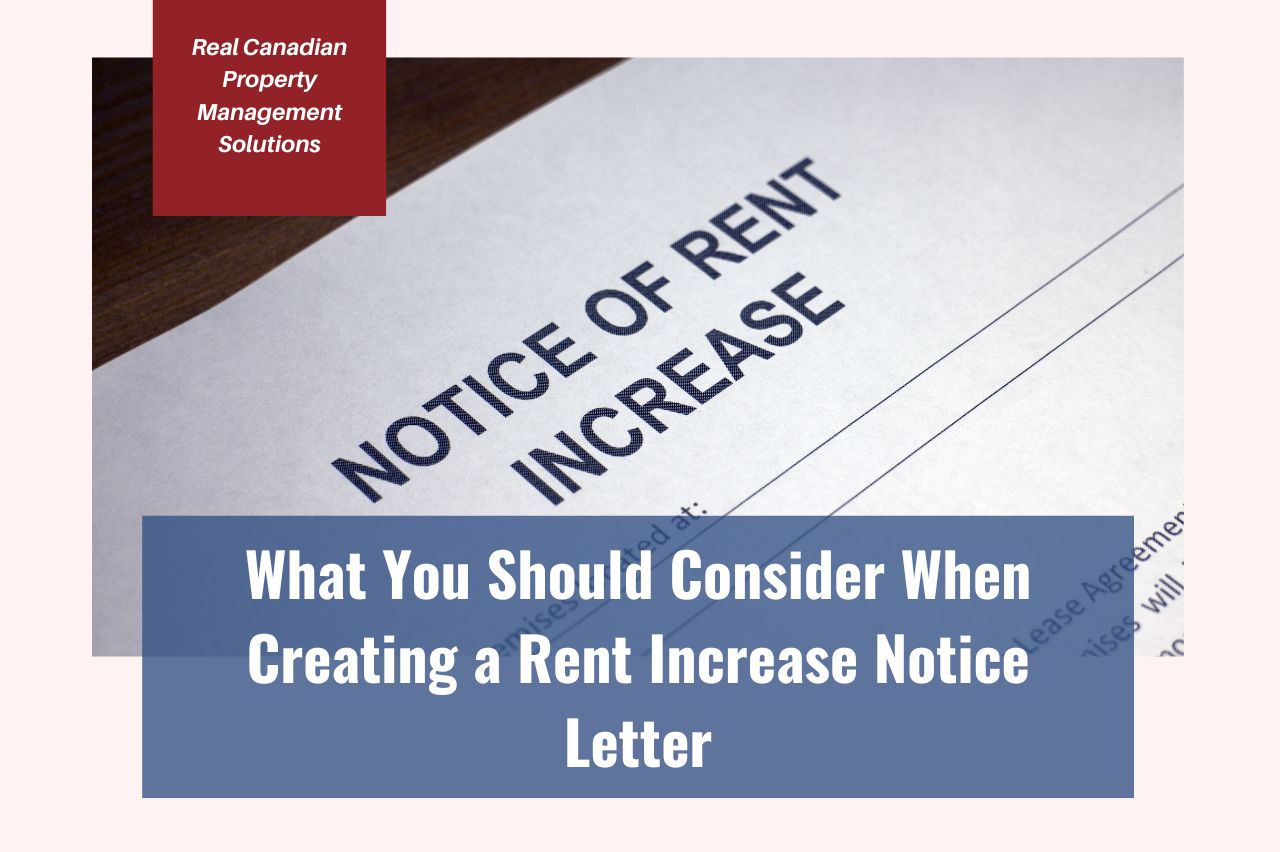
Creating a rent increase notice is a necessary part of property management for landlords. It involves delicately balancing the need to maintain a property’s profitability with preserving good relationships with tenants. Here’s a comprehensive guide to help you craft an effective rent increase notice letter.
Understand Local Laws and Regulations
Before drafting your rent increase notice, it’s crucial to understand and comply with local laws and regulations. Different jurisdictions have specific rules about how and when you can raise rent, as well as how much notice you must provide tenants.
Justify the Increase
Transparency about the reasons behind the rent increase can help maintain a positive relationship with your tenants. Common justifications include rising property taxes, increased costs of maintenance, or improvements made to the property. Providing a clear and honest explanation can help tenants understand the necessity of the increase, which may reduce their frustration and increase their willingness to accept the new rent.
Evaluate Market Conditions
Understanding the local rental market is critical when deciding on the amount of the rent increase. Setting the rent too high compared to similar properties can lead to increased tenant turnover, while setting it too low may affect your profitability. Conduct a market analysis to determine appropriate rent levels, considering factors like location, property condition, and comparable rents in the area.

Communicate Effectively
The tone and clarity of your notice can significantly impact how the message is received. Use a professional and courteous tone, ensuring the letter is straightforward and respectful. Clearly state the amount of the increase and the new total rent, and specify when the new rate will take effect. Also, provide contact information for tenants to reach you if they have questions or concerns to encourage open communication.
Timing and Delivery
Timing is another important factor in delivering rent increase notices. Avoid times when tenants may be more financially vulnerable, such as during the holiday season. Ensure that the notice is delivered well within the legal timeframe, giving tenants enough time to adjust their budgets or decide if they need to move. Consider the delivery method and ensure your it complies with local laws and is reliable.
Prepare for Negotiation
Be prepared for some tenants to negotiate the rent increase. If you value the tenants and want to keep them, be open to the discussion. Perhaps you could offer a smaller increase or extend their current rate for a few more months. Having a flexible approach can help maintain good landlord-tenant relationships and reduce vacancy rates and turnover.
Document Everything
Keep detailed records of all communications regarding rent increases. This includes copies of the rent increase notice and any corresponding communications from tenants. Documentation is essential if any disputes arise and can also be useful for your records and future reference.

Review and Revise
After sending out a rent increase notice, take note of the feedback from tenants and the overall experience. Use this information to refine your process for future notices. Continuous improvement can help make subsequent rent increases smoother for both you and your tenants.
How Can Property Managers Help
Property managers play a crucial role in the process of managing rent increases. Their expertise can help ensure that rent adjustments are handled professionally, legally, and with minimal disruption to tenants. Here are several ways property managers can assist landlords with rent increase notices:
Understanding Legal Requirements
Property managers are typically well-versed in local and state regulations governing rental properties, including those related to rent increases. They can help ensure that all notices comply with legal requirements such as how much notice must be given and the maximum allowable rent increase. This knowledge is vital to avoid legal pitfalls and disputes with tenants.
Market Analysis
One of the key roles of a property manager is to stay informed about the local rental market. They can conduct thorough market analyses to determine competitive yet fair rent prices based on current market conditions. This ensures the rent increase is justified and in line with local averages, which can help prevent tenant turnover due to above-market rate increases.

Drafting and Delivering Notices
Property managers can handle the drafting of rent increase notices to ensure they are clear and professional, and include all necessary information, such as the amount of the increase, the new rent amount, and when the increase will take effect. They also manage the delivery of these notices, making sure they are sent within the required time frames and using the legally prescribed methods, whether by mail, in-person delivery, or digital communication, depending on local laws.
Communicating with Tenants
Effective communication is essential when handling rent increases. Property managers act as the intermediary between landlords and tenants, addressing any concerns and answering questions tenants may have about the increase. Their professionalism can help ease tenant concerns, maintain good relationships, and negotiate terms if necessary.
Handling Negotiations
Property managers are skilled in negotiation and can mediate discussions between the landlord and the tenants about the rent increase. They help find a middle ground that satisfies both parties, such as agreeing to a phased increase or implementing specific property improvements in exchange for the increase.
Maintaining Documentation
Property managers ensure that all documentation related to rent increases is meticulously maintained. This includes keeping copies of the rent increase notices and any correspondence with tenants. Such documentation is essential for legal protection and for reference in any future disputes or negotiations.
Bottom Line
Increasing rent is never a trivial decision for landlords. By considering legal requirements, market conditions, effective communication, and tenant relationships, you can ensure that the process is as smooth as possible. Always strive for fairness and transparency in your dealings to maintain positive and productive relationships with your tenants.
When in doubt, hire the services of a professional property manager. Contact Real Canadian Property Management and we’ll be happy to assist you.